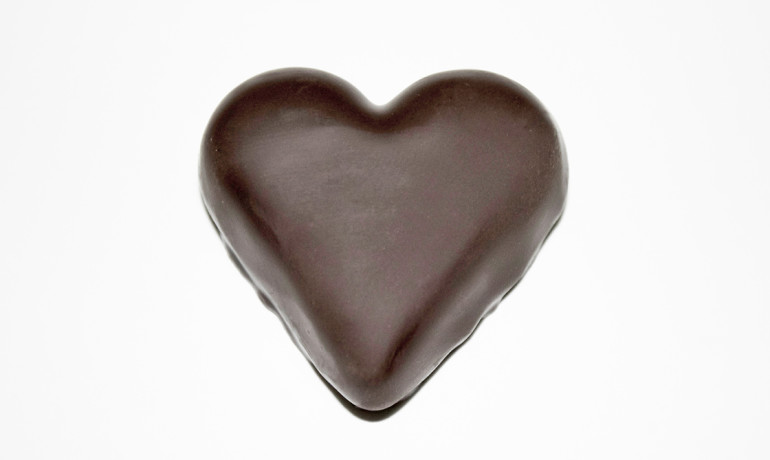"Including a small amount of chocolate in your daily diet might help prevent diabetes and insulin resistance—and, as a result, protect the heart, too.
Researchers looked at data of 1,153 people aged 18-69 years old who were part of the Observation of Cardiovascular Risk in Luxembourg (ORISCAV-LUX) study, taking into account lifestyle and dietary factors, including consumption of tea and coffee. Both drinks can be high in polyphenol, the substance which may provide chocolate with its beneficial effects.
The findings, published in the British Journal of Nutrition, show that people who ate 100 grams of chocolate a day—basically one bar—had reduced insulin resistance and improved liver enzymes. Insulin sensitivity is a well-established risk factor to cardiovascular disease.
“Given the growing body of evidence, including our own study, cocoa-based products may represent an additional dietary recommendation to improve cardio-metabolic health,” says Saverio Stranges, visiting academic at the University of Warwick Medical School.
Stranges says the findings could lead to recommendations by healthcare professionals to encourage individuals to consume a wide range of phytochemical-rich foods, including dark chocolate in moderate amounts.
It’s important, researchers say, to differentiate between the natural product cocoa and the processed product chocolate, which is an energy-dense food. Further, physical activity, diet, and other lifestyle factors must be carefully balanced to avoid detrimental weight gain over time.
More than 80 percent of study participants said they eat an average of 24.8 grams of chocolate a day. Those who ate chocolate were younger, more physically active, and had higher levels of education than those who said they didn’t eat chocolate on a daily basis.
“It is also possible that chocolate consumption may represent an overall marker for a cluster of favorable socio-demographic profiles, healthier lifestyle behaviors, and better health status,” says principal investigator Ala’a Alkerwi. “This could explain, at least in part, the observed inverse associations with insulin and liver biomarkers.”
Fuente: www.futurity.org
